Despite the unprecedented challenges posed by the global pandemic, leading online luxury-watch marketplace Chrono24 achieved a wildly successful year in 2020, generating a 25 percent increase in volume and $2.4 billion in transactions. How did the company, which offers a platform for watch dealers, private sellers, and enthusiasts in more than 100 countries, pull off this feat, and what does its success portend for how the watch industry as a whole does business going forward? Tim Stracke, founder, co-CEO and co-owner of Chrono24, offers insight in our exclusive and wide-ranging interview.

WT: What type of business were you in before you acquired Chrono24, and how did you develop your interest in fine watches?
TS: I’m in a lucky situation in that I could bring three of my passions together in this business. First, I was always very passionate about entrepreneurship; both my parents and my grandfather were entrepreneurs, and it was always a very clear decision that one day I would do my own thing. Maybe I just don’t like people telling me what to do. Second, I always had a deep fascination for technology and mechanics. I spent hours as a youngster playing with Lego and building model airplanes. And the first time I touched a watch, where I could really see the beauty of the mechanics, was an experience that really touched me. I think it was a pretty cheap Swatch watch, but I was fascinated by the movement. So I really love watches. Third, I have a passion for building marketplaces, ever since my first business in 1999. For this entrepreneurial journey I wanted to bring together my passion for watches, my passion for entrepreneurship and my love for marketplaces, and I didn’t even care if it became big or not. I wanted to have fun and my expectation was that Chrono24 would remain smaller than 15 employees. Now we are 315.
WT: You’ve said you looked at watches on an auction site and said, “I want to do this better.” How did you do it better? What made Chrono24 different from other marketplace sites that have sprouted up since?
TS: First of all, watches are a very, very specific category and they need very specific treatment. The products tend to be expensive and authenticity plays a super important role. It is also a very global industry. As far as consumer goods, I do not know another category that is as global as watches. There are very few such items that people living in, say, New York, would consider buying from the other side of the world besides a watch. Either [an item] is not expensive enough to be worth the effort or not small enough that logistics are affordable. Finally, watches are the same all around the world. A Royal Oak here is the very same thing in Tokyo, Johannesburg, Santiago, Chile, Paris, and Los Angeles, and it’s relatively affordable to ship. The auction site I most visited wasn’t as global as I wanted it to be, and I was missing a certain level of authentication and trust. If I want to spend $10,000 or even $5,000 a watch, I’d feel much more comfortable going to a specialist. Comparing it to offline, I’d rather buy from Tourneau than Wal-Mart.
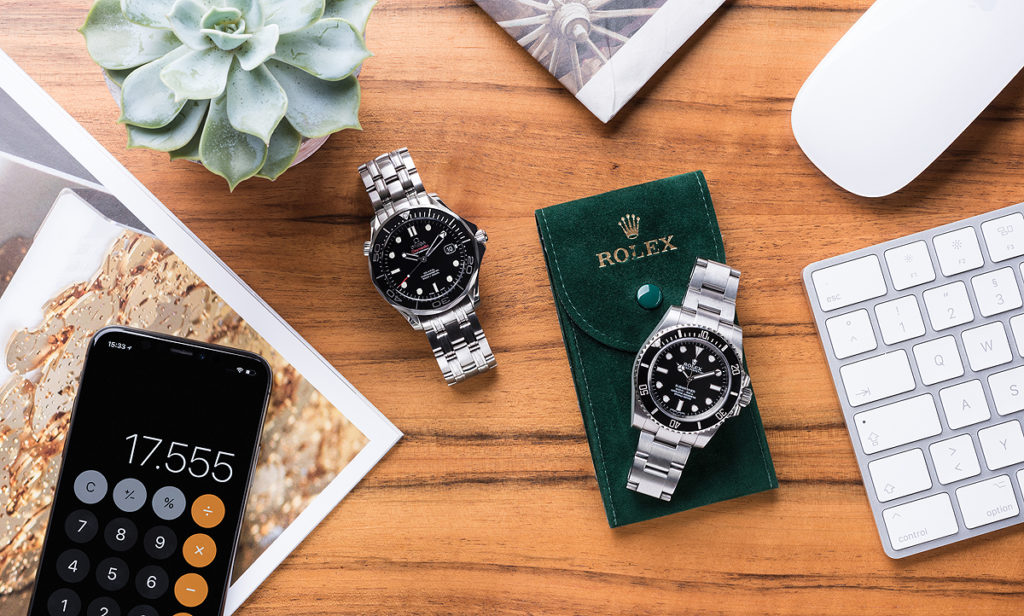
WT: Chrono24 sells new watches but much of its focus is on pre-owned watches. To what do you attribute the growth of the pre-owned watch market in the past five or 10 years? And is that growth sustainable going forward?
TS: Pre-owned has seen a phenomenal growth in the last five to 10 years. We think it’s growing at 9 percent year over year right now. Why is that? I think there are logical reasons for it, and I think there are two reasons why people like to buy pre-owned. One reason is that watches are getting more and more expensive and for a lot of people a new watch is often just not affordable. When you buy pre-owned you buy it much closer to a market price, but when you buy new you’re not really sure and can often overpay. In a pre-owned marketplace, you buy the price that the market makes; you don’t overpay or underpay. Secondly, I think for a lot of people, it’s more and more important for an item they buy to tell a story. If I have a watch from my grandfather, who gave it to my father, who gave it to me, it becomes something very, very special. People like the story and they like to buy something that already has a history. So I think these are the two main reasons why people are inclined to buy pre-owned. Another reason that occurs to me is that, with the coming of the internet, it’s now possible to access a vast global selection of pre-owned watches. Twenty years ago, you would go to a store and find probably a very limited selection; today you can go to Chrono24 and you find 500,000 different offers. The desire plus the opportunity makes the transaction.
WT: You started with Chrono24 right around the time of the worldwide financial crisis in ’08-’09. How do you compare that situation’s effect on the watch market to what’s going on now with the 2020 pandemic?
TS: When the pandemic started, around early March, we looked at data from 2008 and 2009. I talked to a lot of analysts and investment banks about how it affected the watch industry and learned that it was a pretty fast recovery. So I wasn’t really that nervous in April. I remember my shareholders telling me about [watch] companies heavily cutting costs, to please be careful. I told them we’re being careful but we’re not laying off any people. We put in a hiring freeze but we didn’t lay off a single person for economic reasons and we convinced our shareholders that this was the right thing. The good news is the recovery was even faster that it was after the financial crisis. We saw it as early as May; May 2020 was our best month ever. Summer is usually somewhat slow, but this year, June and July were massive. People were staying at home, getting bored, canceling vacations, not going to restaurants, theaters, concerts. Many people just spent that money on things like bikes — the bike industry had its best year ever, and so did Chrono24, because people also bought watches like crazy. This was more than a recovery; it was growth. I think it brought our business five years forward in terms of how users behave and changed the way that people think about the buying on the internet.
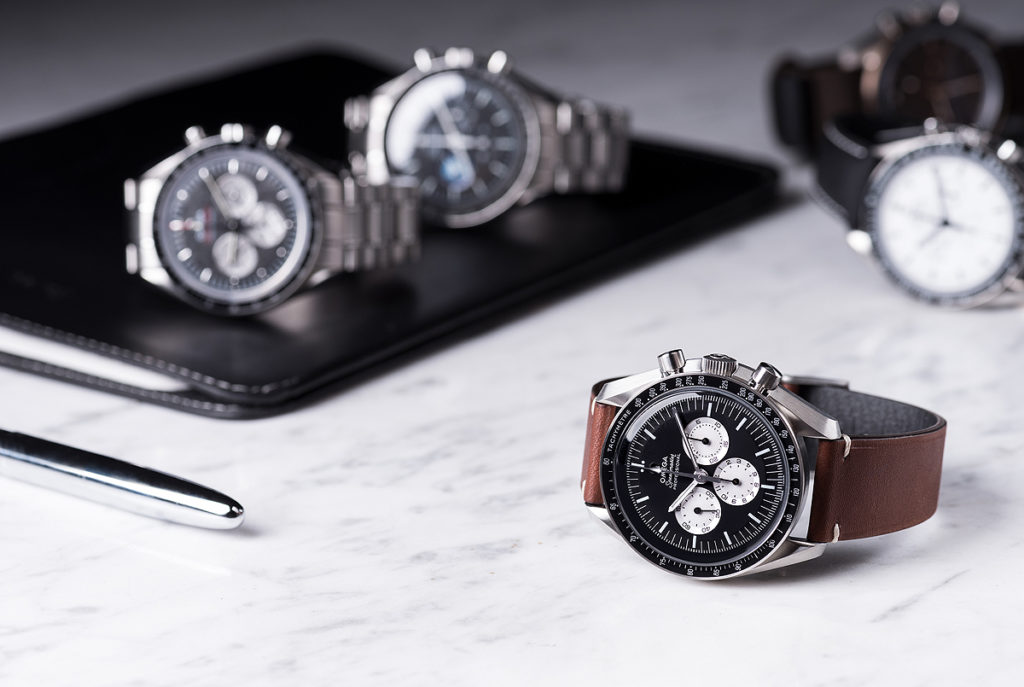
WT: How do you explain the resilience of the luxury watch market even during a period like this? Is it all about collector passion or are there other factors you would name?
TS: The pandemic gave people time to think about certain things. Obviously, nobody needs an expensive watch. Buying one is something you do out of passion, out of pleasure, and for having something for eternity. I think a lot of people — if they were in a lucky situation where they were not in a financial distress, and they had the time — could use that time to spend money on something that they would really like. Nobody really knows until after a few years what the [long-term] changes of the pandemic will be, but there will be changes. And in a period of fast change, people like to hold onto something that has long-term stability and value, something that was beautiful 50 years ago and will most likely be beautiful another 50 years from now, and will also keep its value. Very few of our users, less than 20 percent, say they’d buy a watch exclusively as an investment, like buying a stock. But I also think that many of them enjoy the value appreciation that some watches offer. Many of us saw how volatile the stock market is, collapsing back in March and April and rebounding super-quick in the summer. Watches in comparison are very stable. I think that gives some people peace of mind.
WT: As the economy hopefully opens up more later this year, and more in-person sales will be expected to resume, do you expect continued growth, or do you need to adjust such expectations?
TS: We have seen 20-30% growth every year for the past ten years, so we don’t expect a quantum leap in the next year but don’t expect a need to adjust either. Will people rush back to Main Street? I don’t think so, I think people have learned how beautiful, simple and easy online shopping is. I think they will spend more of their new freedom on meeting people, going to restaurants and concerts, and supporting local artists. I don’t think they’ll necessarily spend their time in crowded shopping malls.
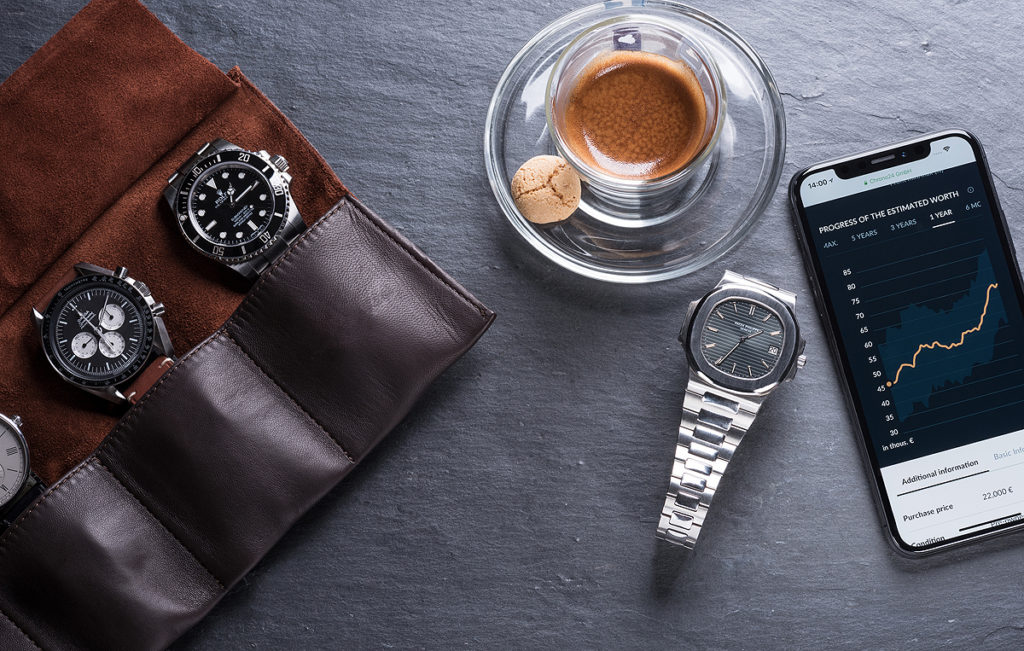
WT: What would you say to the increasingly few holdouts, among both traditional watchmakers and traditional retailers, who still have not fully embraced digital selling platforms?
TS: I truly don’t understand it. On the one hand, many of these companies have phenomenal brand names and could have really changed the watch industry by going online early. On the other hand, I think they were just in a very luxurious situation in which they didn’t have to, because they had these phenomenal retail locations exposed to a lot of tourist sales. Some of them do 60, 70, sometimes even 90 percent of their sales to tourists. Tourists don’t buy online; they enjoy their time in the store and consider it part of their vacation. I think the drop in travel and tourism forced many of them to move forward but for many, the train might already be gone. Of course, the tourists will eventually be coming back, and retailers on highly shopped streets will always have a competitive advantage. I’m more concerned about the second-tier retailers. For them, I think embracing online is only part of the solution: they also need to embrace different purchasing behavior, embrace pre-owned, embrace the ability to buy stock back from their customers and re-sell them another stock. Many people do not want to hang on to their watch for life; they want to exchange it. I’m not saying it’s easy. It’s never an easy task to reinvent oneself.
WT: We’ve seen that one of the biggest concerns for potential online watch buyers is authentication. How does Chrono24 approach that process differently from others?
TS: First of all, we vet every single dealer before we let them on the platform. Secondly, when you buy a watch, you never pay the dealer; you pay us and we keep the money as an independent escrow agent. The money is safeguarded in a third-party banking partner. When you get the watch, it’s up to you to decide whether you want to keep it or not. Maybe there’s a scratch that you didn’t see on the pictures, or the watch is smaller than you thought. In that case, you can send it back to the original seller and we refund you. We are the trusts agent here.


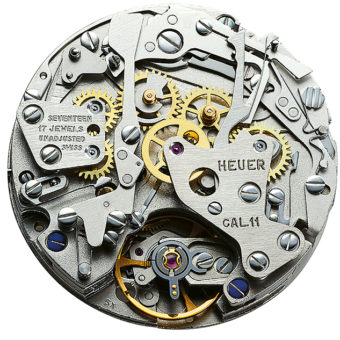
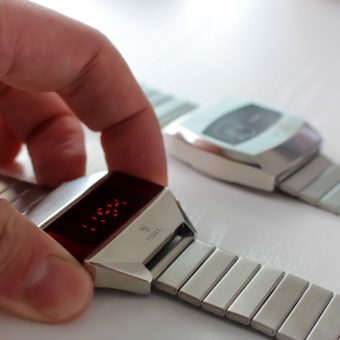
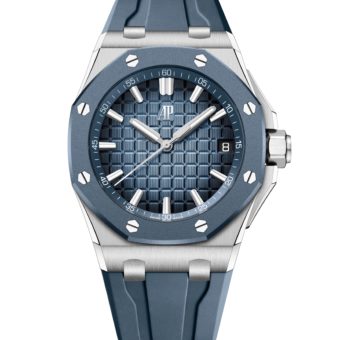
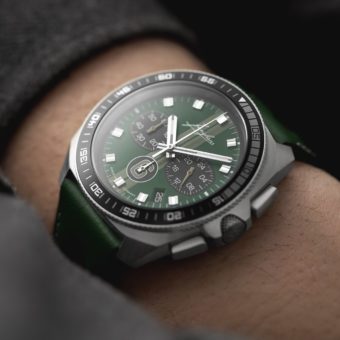
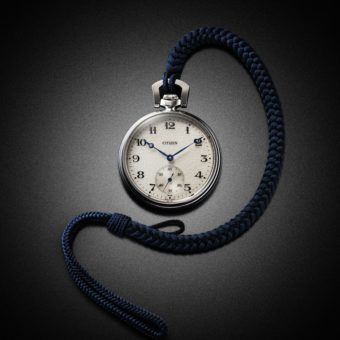
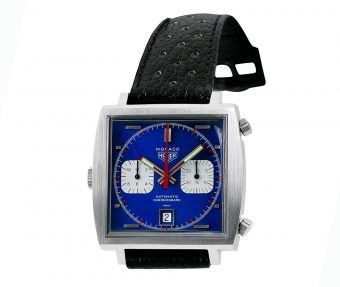
How does Chrono 24 protect the Seller? What if a buyer damages a watch while he/she has it to inspect and wear? They can just return it and get their money back, the seller has a damaged watch with no recourse. Thoughts?
The site by per se is very very good. Only the part when some miser pick/pocketers from western europe are writing claim letters and blocking honest people